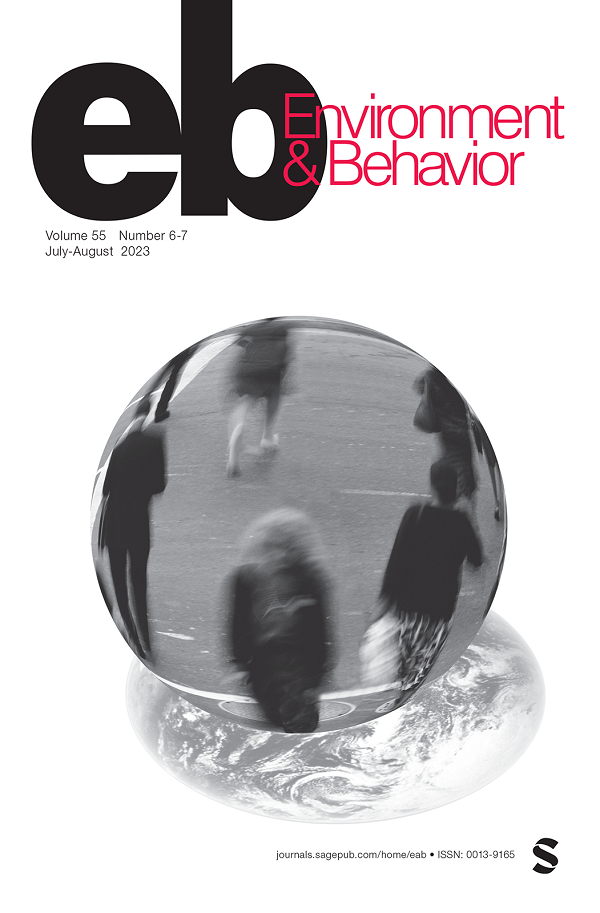参与公益营销会减少亲环境行为
IF 4.6
2区 心理学
Q1 ENVIRONMENTAL STUDIES
引用次数: 8
摘要
一种流行的营销策略,称为事业相关营销(CRM),涉及根据消费者的购买情况向慈善机构捐款。基于道德许可理论,本研究通过两项研究确定了参与CRM对消费者随后的环保行为的负面影响。研究1(N = 100)确立了人们在参与与环境效益相关的CRM后以不太环保的方式行事(即消耗更多的水)。研究2(N = 301)在更大的样本中验证了上述结果,并进一步揭示了尽管从事CRM没有明显的环境效益,但它也降低了以环保方式行事(即选择低碳交通方式)的可能性。总体而言,当前的研究表明,CRM的影响可能从消费领域溢出到环境领域,这引起了人们对CRM净环境效应的关注。本文章由计算机程序翻译,如有差异,请以英文原文为准。
Engagement in Cause-Related Marketing Reduces Pro-Environmental Behaviors
A prevailing marketing tactic, called cause-related marketing (CRM), involves donating to a charity contingent on consumer purchases. Building on moral licensing theory, the current research identifies a negative effect of engagement in CRM on consumers’ subsequent pro-environmental behaviors through two studies. Study 1 (N = 100) established that people act in less eco-friendly ways (i.e., consuming more water) after engaging in CRM that is associated with environmental benefits. Study 2 (N = 301) verified the above results in a larger sample and further revealed that even though engaging in CRM has no apparent environmental benefits, it also reduces the probability of behaving in environmentally friendly ways (i.e., choosing a low-carbon mode of transportation). Overall, the current research shows that the effects of CRM could spill over from the consumption domain into the environmental domain, calling attention to the net environmental effect of CRM.
求助全文
通过发布文献求助,成功后即可免费获取论文全文。
去求助
来源期刊

Environment and Behavior
Multiple-
CiteScore
13.30
自引率
1.80%
发文量
13
期刊介绍:
Environment & Behavior is an interdisciplinary journal designed to report rigorous experimental and theoretical work focusing on the influence of the physical environment on human behavior at the individual, group, and institutional levels.
 求助内容:
求助内容: 应助结果提醒方式:
应助结果提醒方式:


